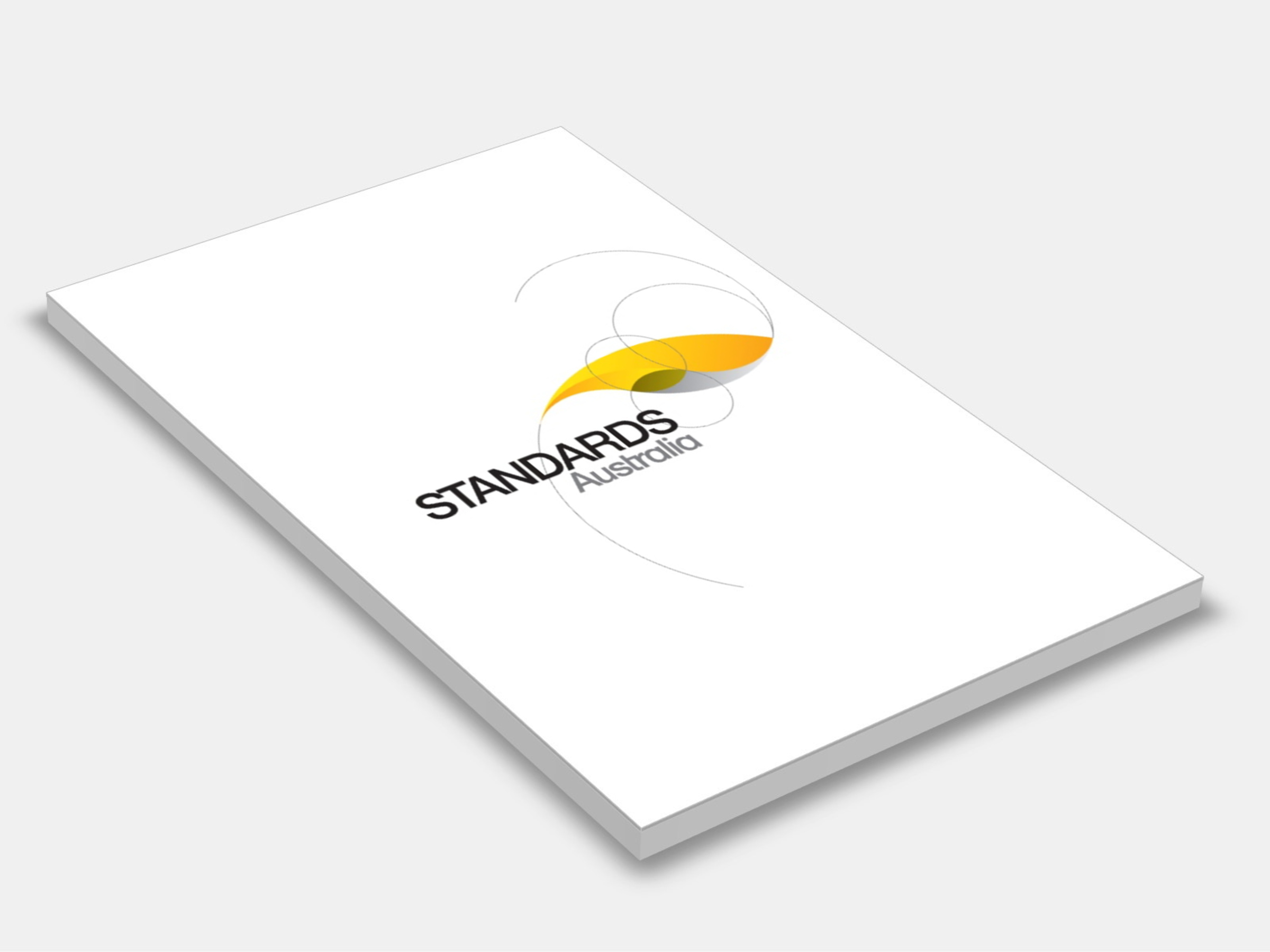
Type
Publisher
Standards Australia/Standards New Zealand
Publisher
Standards Australia/Standards New Zealand
Version:
Fourth Edition 2021.
(Current)
Short Description
Sets out general installation and safety requirements for electrical installations of PV arrays, including d.c. array wiring, electrical protection devices, switching and earthing provisions.
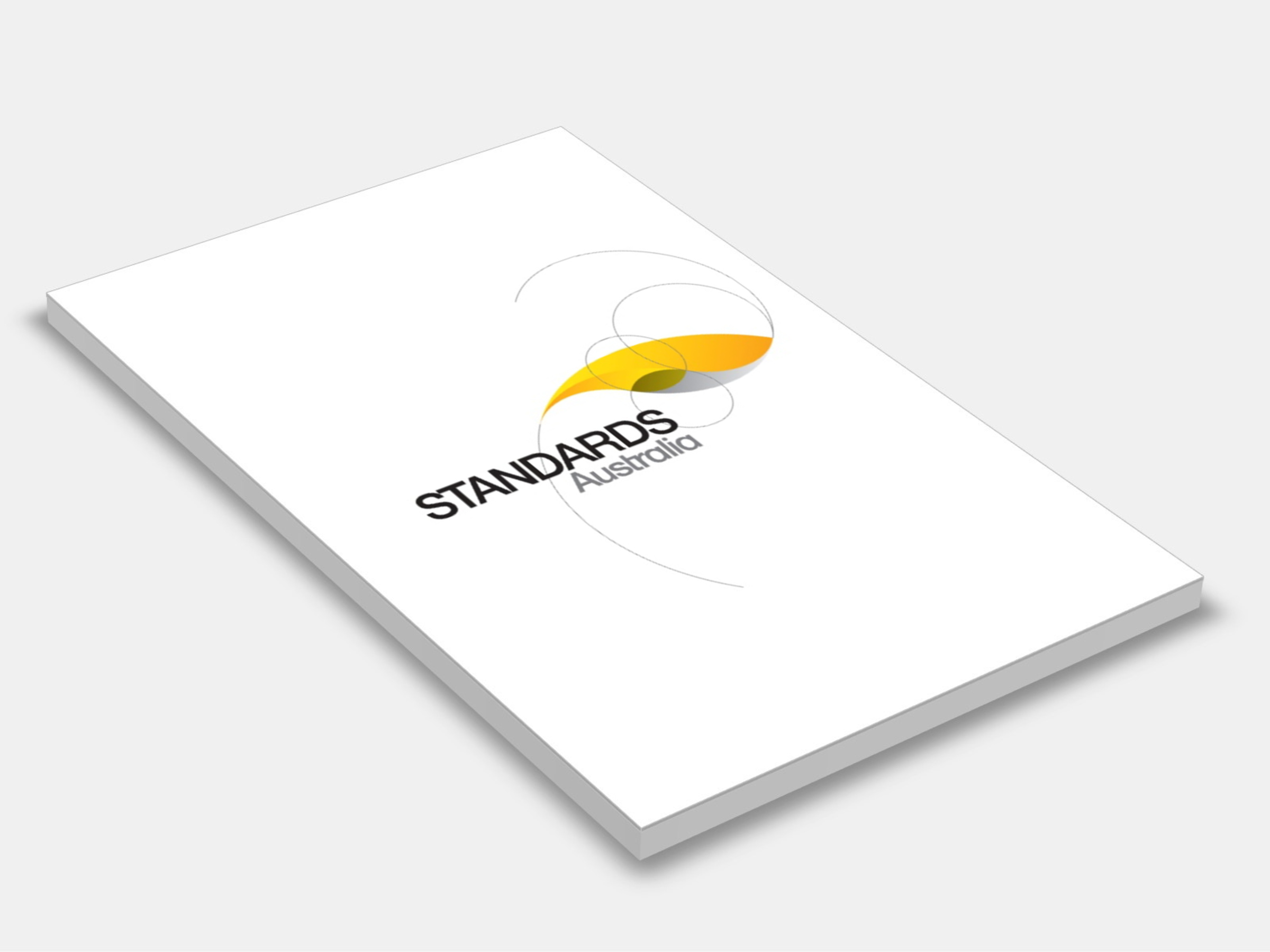
Type
Publisher
Standards Australia/Standards New Zealand
Publisher
Standards Australia/Standards New Zealand
Version:
Third Edition 2018.
(Current)
Short Description
AS NZS 3000 2018 (known as the Australian/New Zealand Wiring Rules) specifies requirements for the design, construction and verification of electrical installations, including the selection and installation of electrical equipment forming part of such electrical installations; part 1 provides provisions that constitute the minimum regulatory requirements for a safe electrical installation; part 2 provides work methods and installation practices that are ‘deemed to comply’ with the requirements of Part 1.
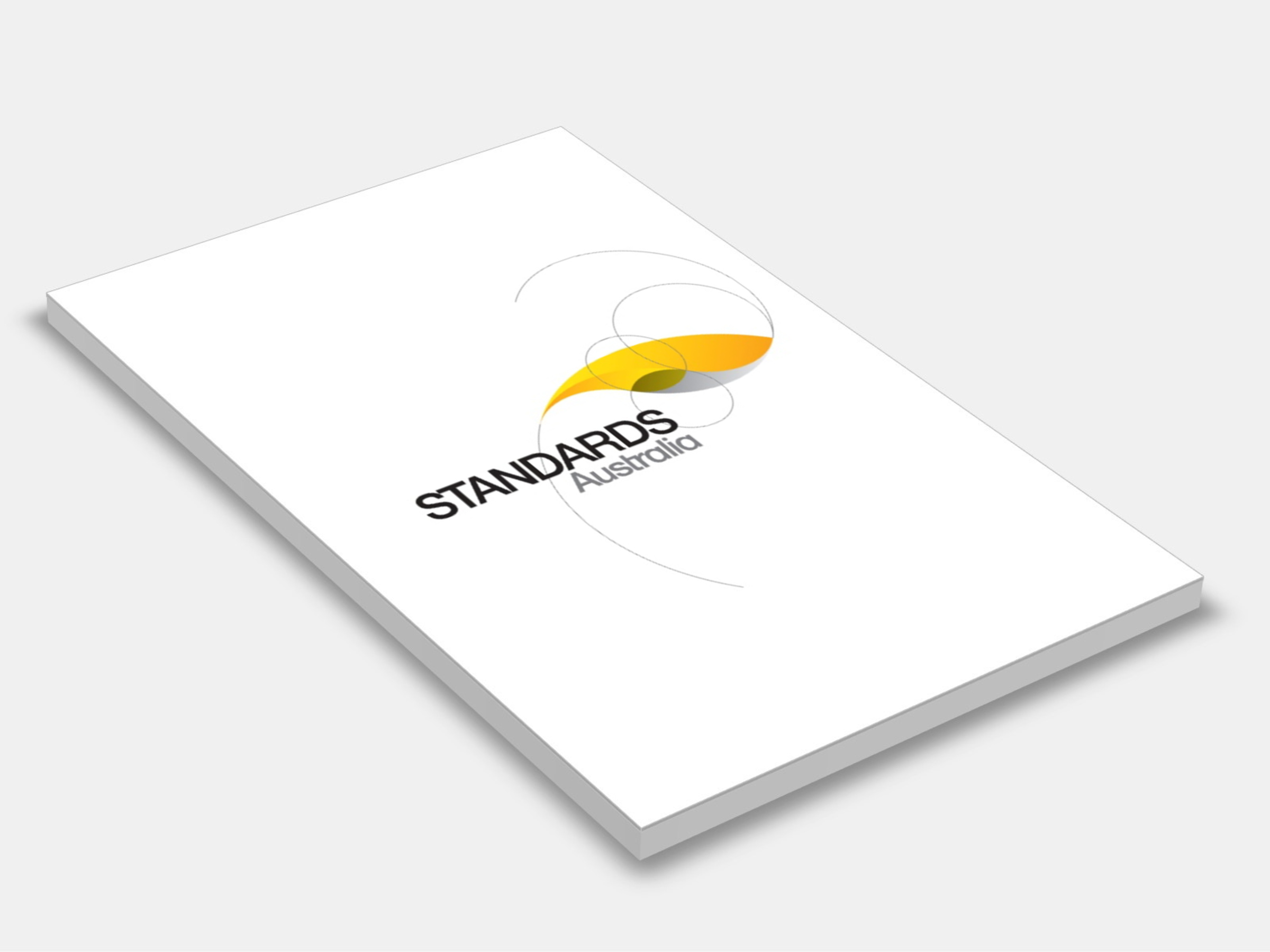
Type
Publisher
Standards Australia
Publisher
Standards Australia
Version:
Fifth Edition 2018.
(Pending Revision)
Short Description
The AS 3600 Concrete code; AS 3600 2009 specifies minimum requirements for the design and construction of concrete building structures and members that contain reinforcing steel or tendons, or both; sets out requirements for plain concrete and pedestal footings.
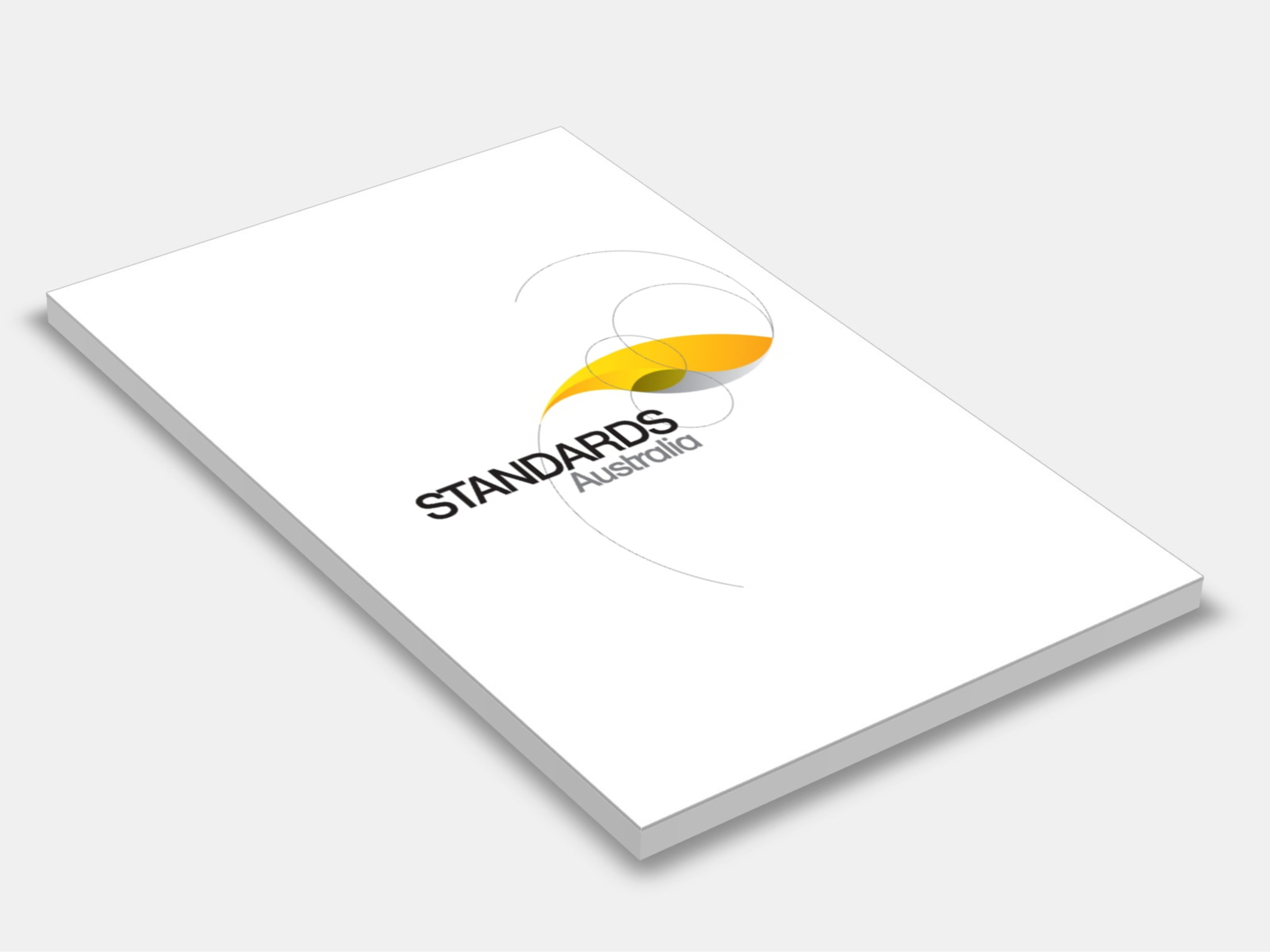
Type
Publisher
Standards Australia
Publisher
Standards Australia
Version:
Fifth Edition 2021.
(Current)
Short Description
Sets out procedures for the selection and installation of glass in buildings, subject to wind loading, human impact, and special applications. Glass strength is specified, based on the tensile stresses on the surface of the glass.
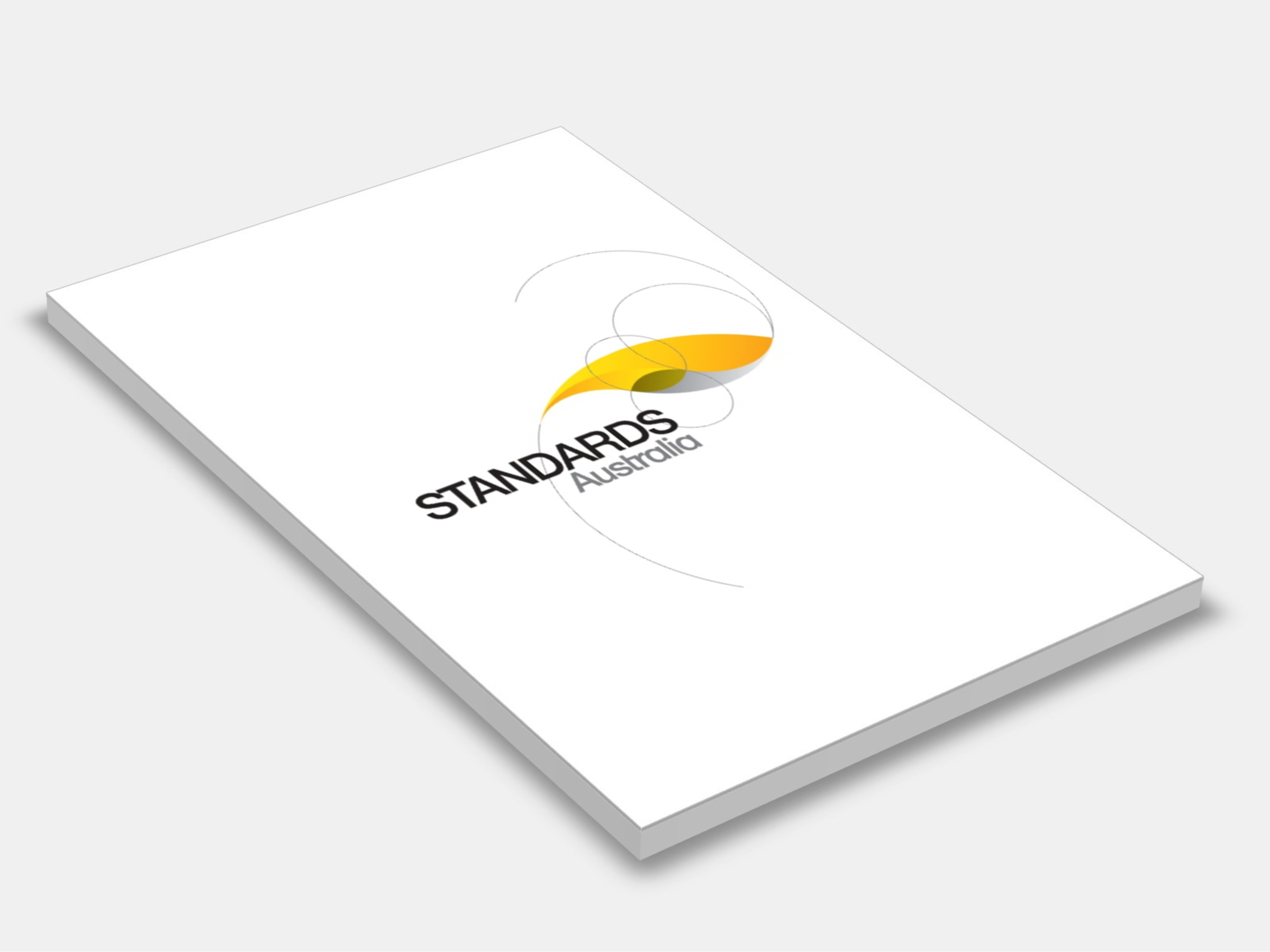
Type
Publisher
Standards Australia/Standards New Zealand
Publisher
Standards Australia/Standards New Zealand
Version:
Third Edition 2017.
(Pending Revision)
Short Description
Sets out a method for cable selection for those types of electrical cables and methods of installation that are in common use at working voltages up to and including 0.6/1 kV at 50 Hz a.c.
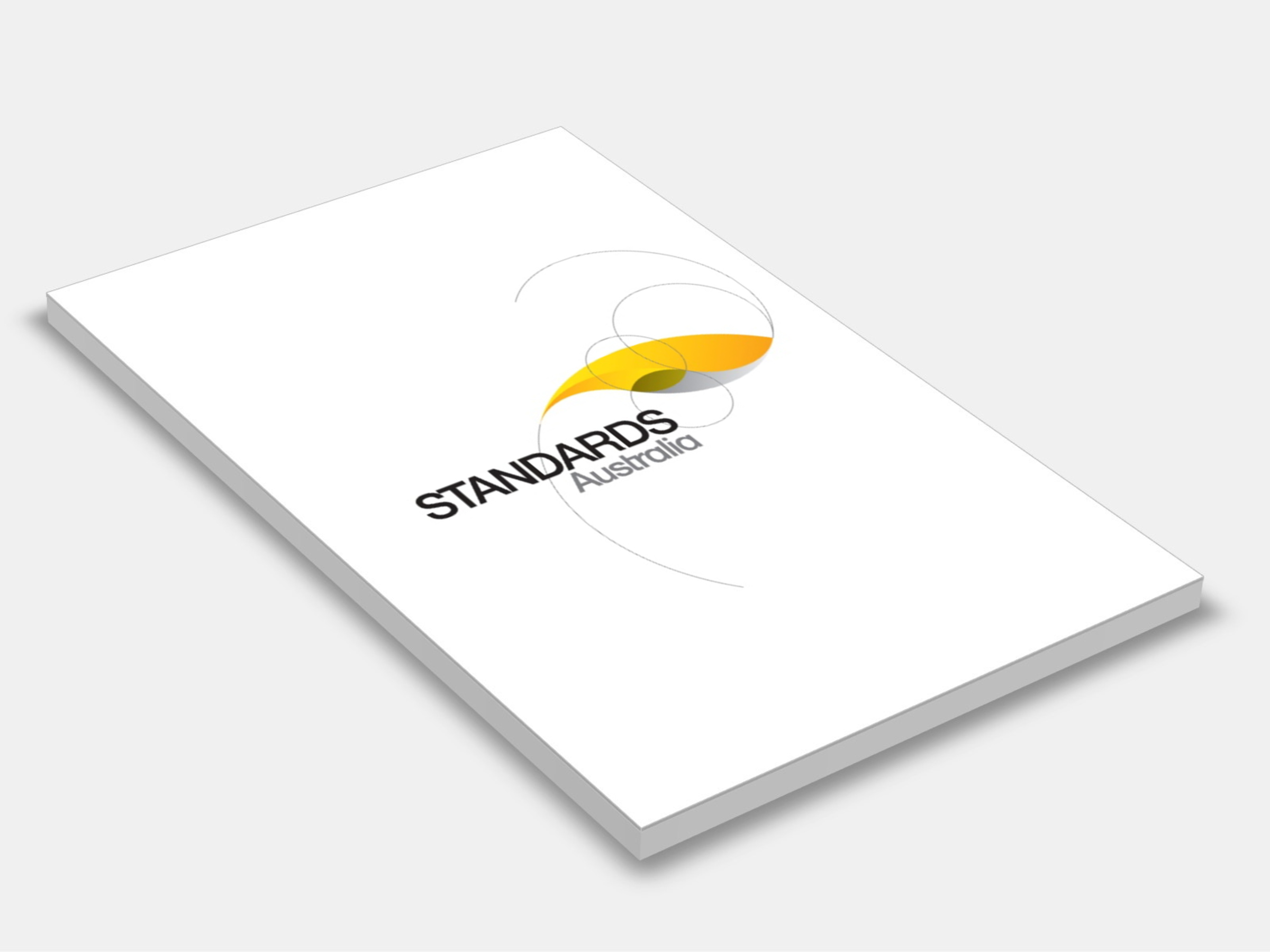
Type
Publisher
Standards Australia/Standards New Zealand
Publisher
Standards Australia/Standards New Zealand
Version:
First Edition 2010.
(Pending Revision)
Short Description
Provides requirements and guidance for the design of stand-alone power systems with energy storage at extra-low voltage and used for the supply of extra-low and/or low voltage electric power in a domestic situation.
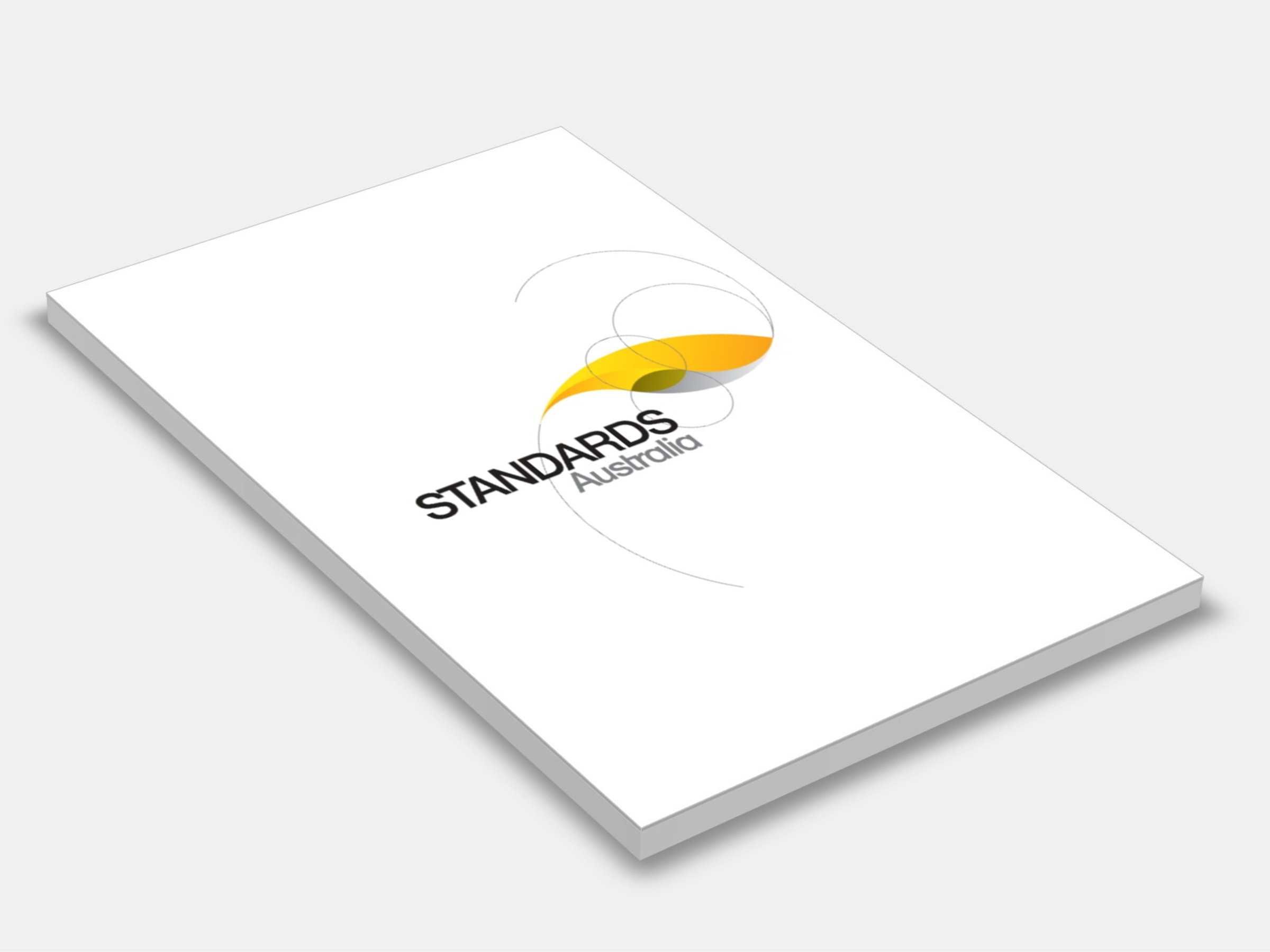
Type
Publisher
Standards Australia/Standards New Zealand
Publisher
Standards Australia/Standards New Zealand
Version:
First Edition 2009.
(Pending Revision)
Short Description
Sets out safety and installation requirements for stand-alone power systems used for the supply of extra-low (ELV) and/or low voltage (LV) electric power to a single load, or an electrical installation in a single residence or building, or a group of residences or buildings and associated items with switchboards to AS/NZS 3000 requirements.
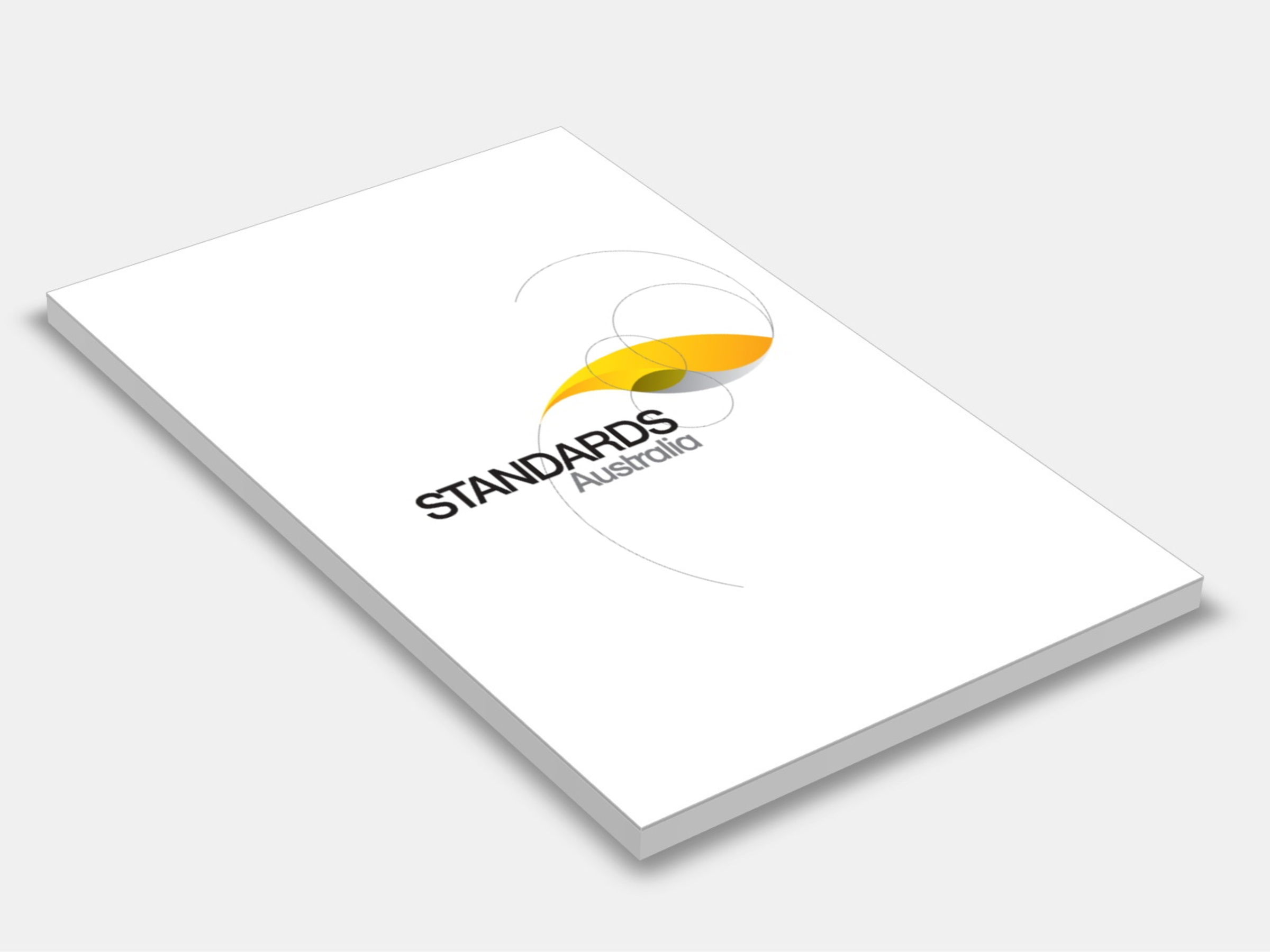
Type
Publisher
Standards Australia
Publisher
Standards Australia
Version:
Second Edition 2024.
(Current)
Short Description
AS 3850.2:2024 provides requirements which impact on safety in the planning, manufacturing, construction, design, casting, transportation, erection and incorporation into the final structure of prefabricated concrete elements in building construction.
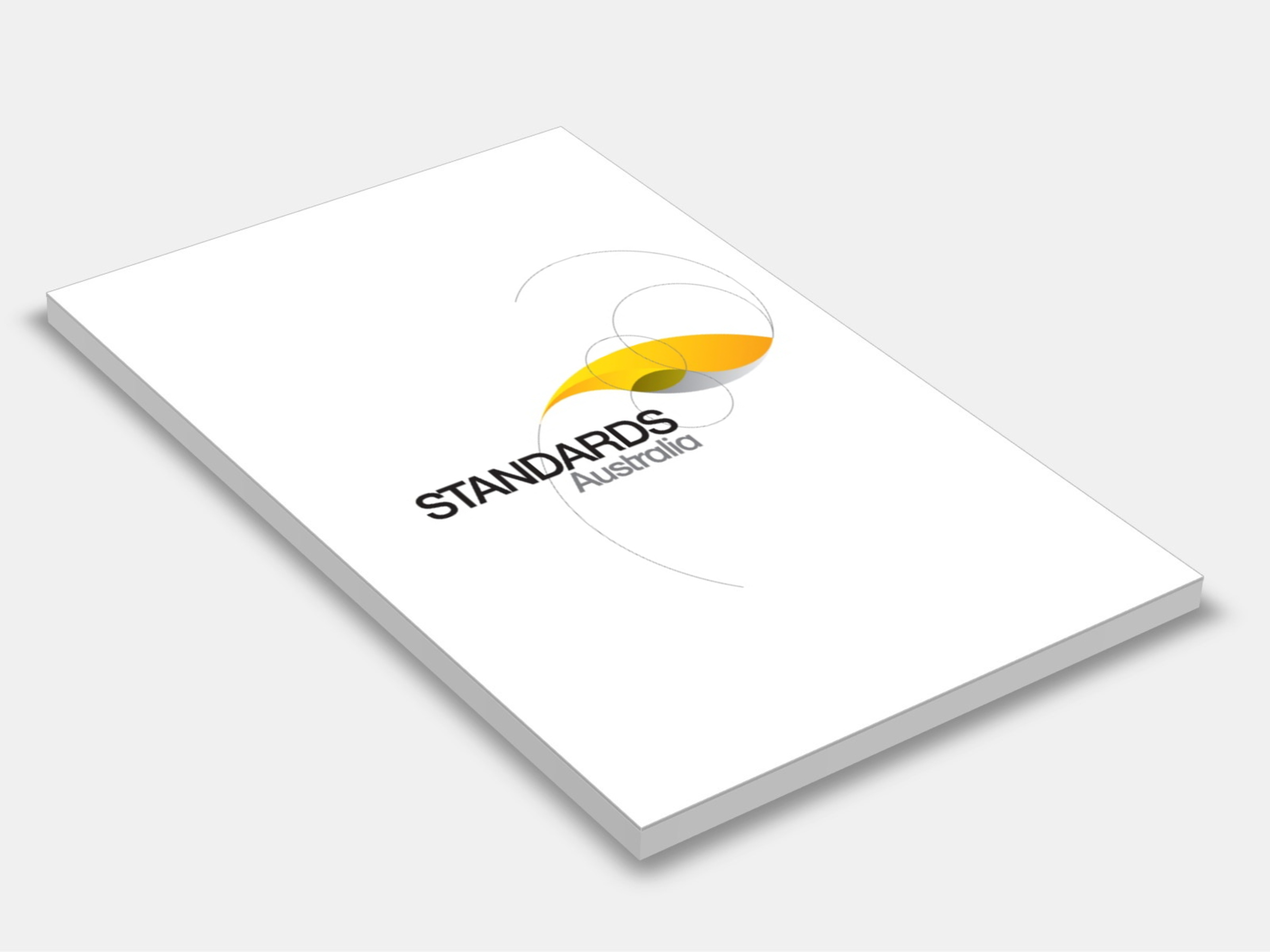
Type
Publisher
Standards Australia
Publisher
Standards Australia
Version:
Fifth Edition 2018.
(Pending Revision)
Short Description
Specifies minimum requirements for the design and construction of unreinforced, reinforced and prestressed masonry, including built-in components.
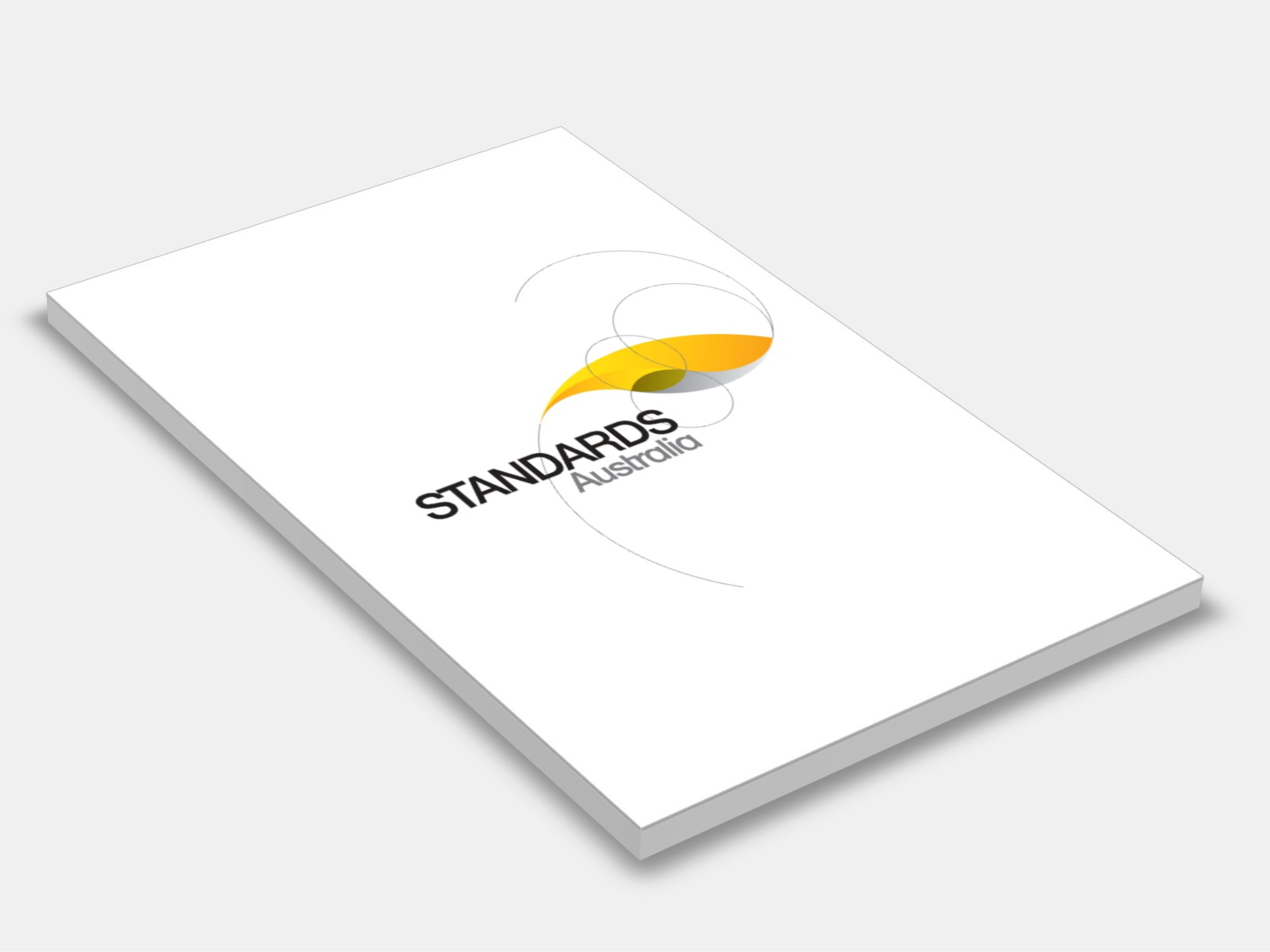
Type
Publisher
Standards Australia/Standards New Zealand
Publisher
Standards Australia/Standards New Zealand
Version:
Fourth Edition 2024.
(Current)
Short Description
AS/NZS 4777.1:2024 specifies safety and installation requirements for inverter energy systems (IES) intended for the injection of electric power through an electrical installation to the grid. IES are distributed energy resources when connecting to the grid and need to ensure overall safe operation of the installation and interaction with the broader grid